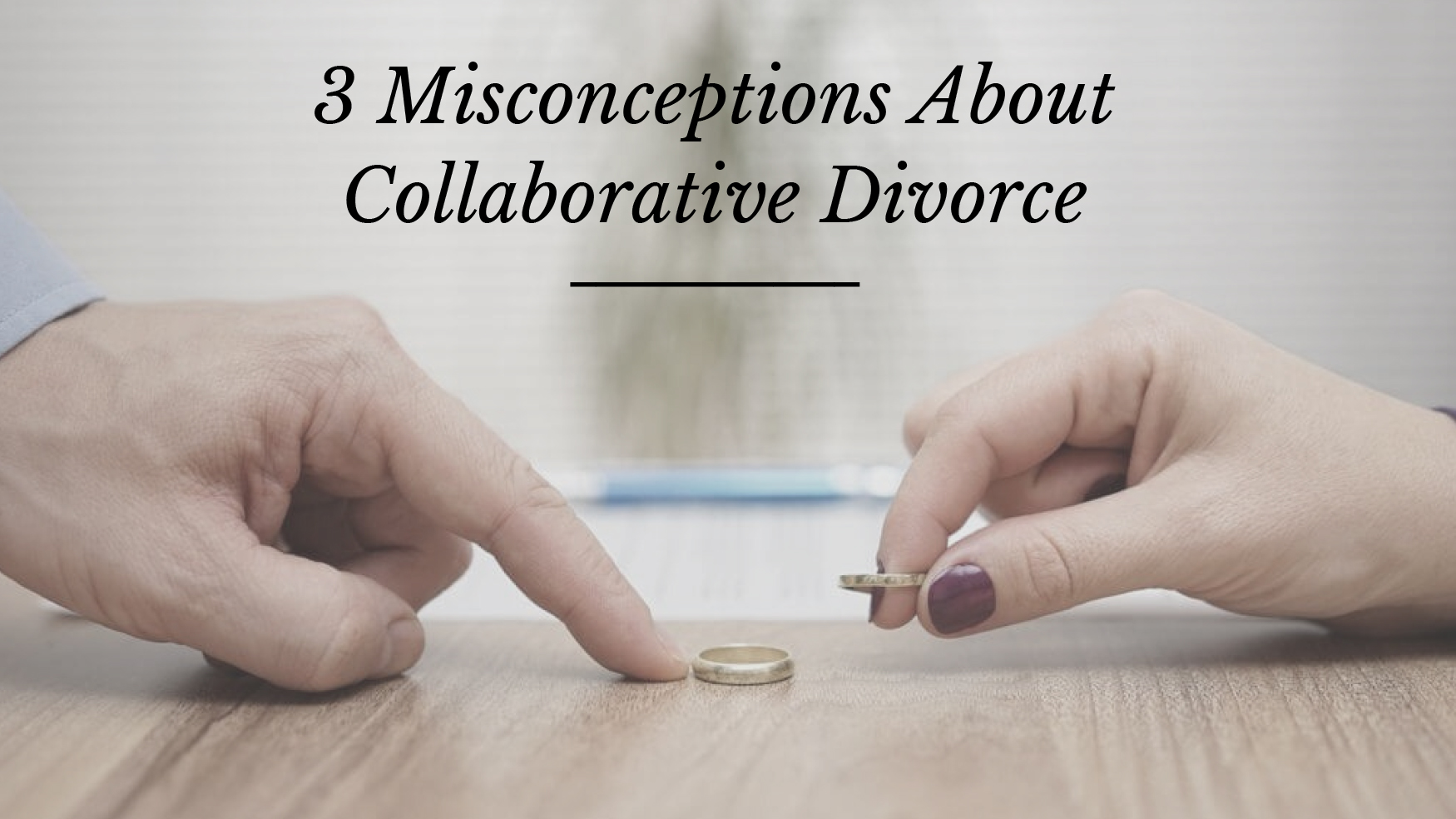3 Misconceptions About Collaborative Divorce
If you’ve been thinking about collaborative divorce, you’ve likely been doing your research. If you’ve been doing your research, you’ve probably come across a few pieces of inaccurate information or misconceived ideas about it.
At this time Natalie is offering mediation services only
For the sake of accurate information, we’re here to dispel the most common myths about collaborative divorce and clear up what the real truth is.
1. Myth: It can’t be done when a lot of assets are involved.
Many people think there’s not the space for the same kind of discovery process used in litigation. While it’s true there is no formal “discovery” process for collaborative divorce in particular, there’s still a full disclosure of assets and a deep overview of both financial information and records. In addition, there’s usually more eyes looking over this information in a collaborative setting, so there’s often added layers of protection by choosing a collaborative method. No matter how many assets are involved, collaborative law can handle it.
2. Myth: It’s only accessible for the wealthy.
Litigation is typically the most costly form of divorce, as it gets dragged out over long periods of time, which causes the fees to stack up. In collaborative divorce, all of the work happens in a condensed period of time and will end in a negotiated settlement almost 95% of the time.
Because of the swift nature collaborative divorce allows, it often ends up being a lower cost than litigation.
3. Myth: It can’t be successfully done with two people who don’t get along.
While it’s always helpful to have an amicable partner throughout your divorce, of course that’s far from the typical case. While collaborative divorce is not an exception to the high emotions of divorce discussions, the willingness by each participant alone to work together to find a solution makes the process a smoother one. With the help of collaborative coaches, financial advisors, mental health advocates, and any other professionals involved in the collaborative divorce process, a solution can be found despite the current relationship status with your spouse.
Collaborative law is new to many people, so it’s not surprising that they will believe misinformation without knowing the truth. While collaborative divorce can’t promise a perfectly smooth experience, it does offer a quicker route to a settlement that’s built on compromise and mutual satisfaction.
If you’re ready to begin your collaborative divorce process, contact the experts at Natalie Baird Mediation and Collaborative divorce in Tampa, FL.

